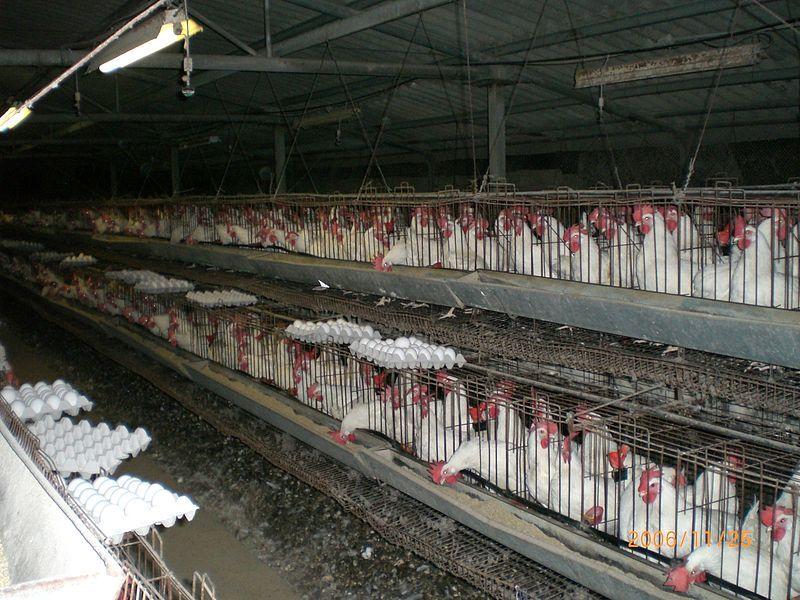Bird flu outbreak affects classes at Iowa State
The H5N2 avian flu, more commonly known as bird flu, has caused the death of almost 45 million chickens and turkeys.
August 31, 2015
Iowa State has cancelled classes at the university’s poultry teaching and research farm to help ensure the health of the poultry this upcoming fall.
This past spring, 77 poultry farms in Iowa were found to be infected with the avian influenza. This virus occurs naturally among wild and aquatic birds but can be deadly when found in domestic poultry. Over 29 million chickens, turkeys and ducks had to be euthanized over the past few months.
The avian influenza, which was estimated to have cost Iowa nearly 8,500 jobs and more than $1.2 billion in economic output, according to the Iowa Farm Bureau, might find itself three miles south of the Iowa State campus in the next few weeks, when the wild birds begin their annual migration.
“There are concerns this fall that it might pop-up again. Once it starts getting colder, this avian influenza might reappear,” said Brian Meyer, director of college relations for the College of Agriculture and Life Sciences
The classes that are currently being taught at the facility will now be moving to campus. Approximately 500 students will be affected by this adjustment.
“Classes are not cancelled, and courses are still being held,” Meyer said. “The only change is that [the students] will not be traveling down to this poultry farm.”
The facility houses some chickens with heritage lines that trace back to as far as 90 years ago. These genetic lines, if infected with the influenza, would cost the college a large amount of research that has been worked on for years.
“In the big picture, it’s just a bump in the road,” said Jodi Sterle, an associate professor of animal science.
Sterle is hopeful that although the students are not able to go out to the facility for hands on experiences, that it will ultimately lead to students better understanding the need for poultry in the industry and spark an interest within the affected students.
















